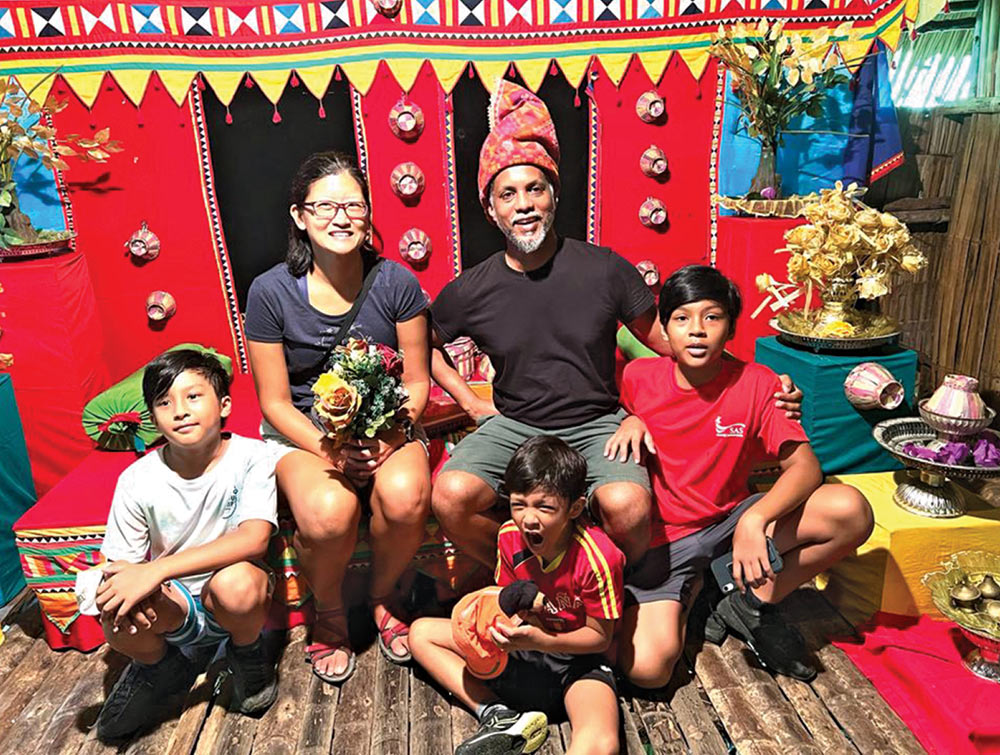life on the edge

Though plans for his own future had once been hazy, Kulasooriya is now tasked with pursuing society’s big questions about the future as it relates to commerce and technology.
As the center’s managing director, he is driven by a singular purpose: to study the changing world in its teeming complexity, and then to share this knowledge with global companies, helping them unlock their potential. Analyzing how the world is transforming — technologically, demographically, geopolitically — Kulasooriya advises businesses on how to adapt to and harness this disruption to become more successful.
Some leading questions include: How will artificial intelligence transform Asian economies? How do you find reliable growth strategies in an increasingly unpredictable world? What does it mean to be human in a digital age? These hard-to-define explorations often go overlooked by business leaders, overburdened by short-term concerns.
Kulasooriya works with teams across the globe to help them better understand the virtual marketplace. From his home base in Singapore, he surveys the “edges” of technology, business, and society, and then designs models of how these edges — emerging ideas, global trends, and business practices — could shape the future.
“It’s called the Center for the Edge because we believe that all disruptions emerge from an edge,” says Kulasooriya. An edge could be anything from the spread of virtual reality to Asia’s evolving demographics.
“By paying attention to these edges, we get to understand how the world is changing. We can reframe it and say, ‘Well, what should you [as a business] do today?’”
His work is far more interesting than he could have imagined as a first-year student, fresh off the plane from Sri Lanka. Swarthmore was transformative.
“I came to college saying, ‘I’m going to be an engineer and I’m going to go back to Sri Lanka,’” he says. “I left with new opportunities that I didn’t even know existed.”
Kulasooriya majored in economics and engineering. His first taste of leadership was serving as class president.
“My moral and ethical frameworks are deeply anchored to what I learned in Swarthmore,” he says Kulasooriya, who lives with his wife Suellen Lee ’00 and their three sons.
Even after 26 years at Deloitte, Kulasooriya sometimes still feels awkward in a commercial role. But his openness to the unconventional is useful. His major challenge is convincing CEOs that the world really is on the verge of disruptive change. Sometimes, the data just isn’t enough to bring them around. They need to feel the coming transformation for themselves, he says.
By placing the CEOs in a self-driving car, or introducing them to an engineer in Silicon Valley with a trailblazing idea, Kulasooriya lets them experience the future firsthand.
“The longest journey anyone has to travel is the 18 inches between the head and the heart,” says Kulasooriya. “If you get them in the heart, they’ll figure out how to connect to the head.”